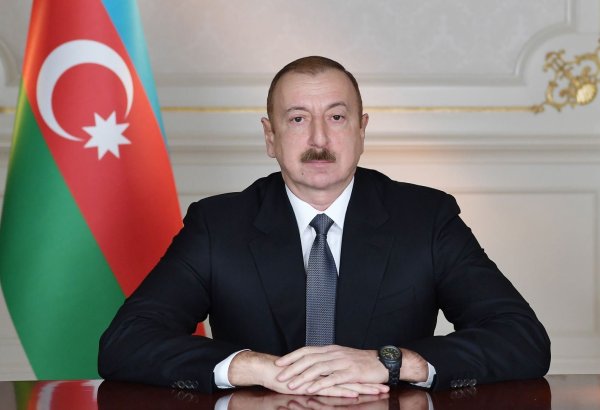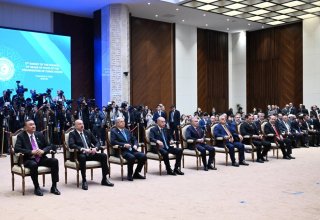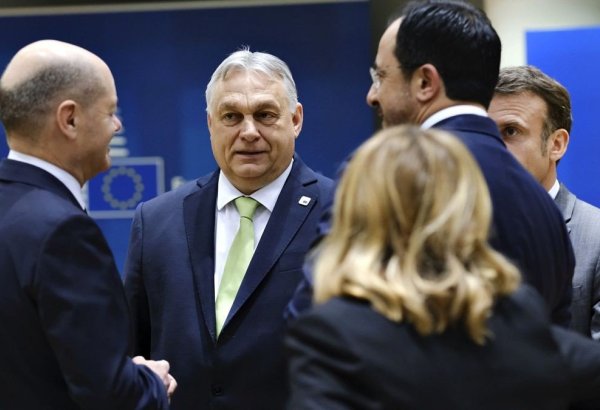Emphasizing the need of tackling climate issues in the CAREC area, the conference coincides with the approaching COP29 in Baku. Director General of the Central and West Asia Department at ADB Mr. Yevgeniy Zhukov highlighted the need of implementing the CAREC Climate Change Action Plan. "We hope the ministers will support this climate action plan tomorrow and subsequently it will be launched in Baku next week," Zhukov said.
A mid-term assessment of the CAREC 2030 Strategy is a top agenda item, with an eye on creating practical regional projects addressing urgent concerns including climate resilience. Discussing the region’s challenges, Zhukov noted, "The talk of the day, of course, is climate change (...) Many countries in the region are still in the early stages of initiating a kind of green transition. For example, here in Kazakhstan, which is also my home country, about 70% of energy is being produced using the black coal, which of course is very environmentally unfriendly. But also in other places like Azerbaijan and Turkmenistan, the economies depend quite a lot on fossil fuel. So one of the pressing issues of the day is to deal with the consequences of climate change and also to help the countries to move forward with the green energy transition."
Zhukov also underlined the significance of various trading paths to boost regional economies in the context of geopolitics. CAREC Corridor 2, also known as the TITR or Middle Corridor, aims to enhance transport, energy, and digital connectivity across countries like Kazakhstan, Uzbekistan, Azerbaijan, and Georgia. “The new idea which is being developed now is to develop trans-Caspian power and digital cable to connect countries like Azerbaijan, Kazakhstan and Uzbekistan and hopefully in the future other members of the Karabakh region,” he said.
While CAREC has made great progress in infrastructure development, Zhukov recognized the continuous difficulty of increasing intra-regional trade presents. "The goal for us is actually further to improve economic connectivity within the region to make it more self-reliable and also more able to withstand any economic and geopolitical shocks which may come in the future.," he concluded.
Discussions on finance and collaboration for landmark regional initiatives meant to build a sustainable, interconnected future for the region will continue tomorrow.













